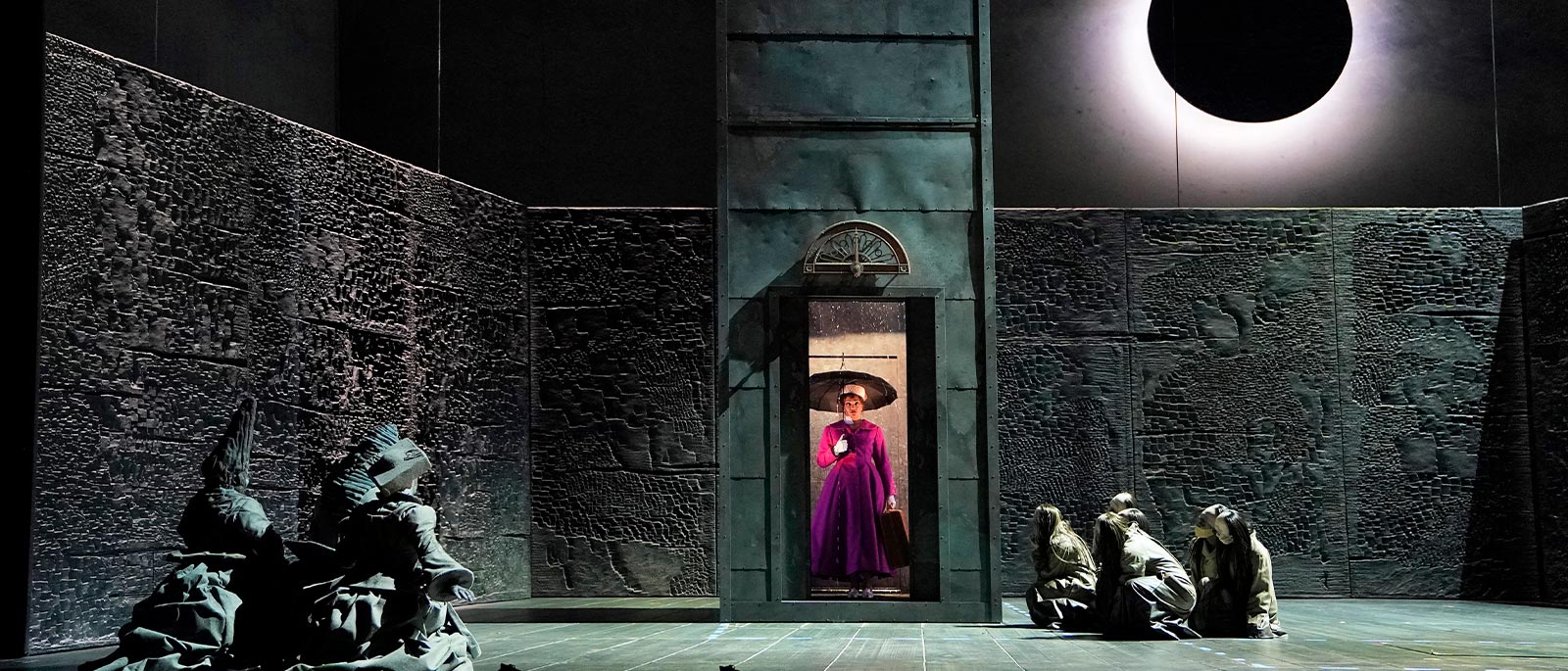
Philosophical Chairs
Philosophical Chairs is an activity designed to foster critical thinking, active inquiry, and respectful dialogue among students. To play, participants agree or disagree with a series of statements, but the game doesn’t end there. The most crucial element is what happens next: Participants discuss their points of view and can switch sides if their opinions change during the discussion. (For more tips on using Philosophical Chairs in a classroom or via a remote-learning platform, see the activity description in your Google Drive.)
Each topic statement is deliberately open-ended yet ties into a number of the themes present in Eurydice—including the possible overlap of joy and grief, the ways we remember those we have lost, and the power (and limits) of love. Offer students a brief overview of the opera’s plot, setting, and context, and remind them how to build a safe space for productive conversation. Some of the topics might be confusing or hard—that’s okay! As you and your students explore and learn about Fire Shut Up in My Bones, you can return to these statements: What do they have to do with the opera’s story? How might these questions help us explore the opera’s story, history, and themes?
The Statements
- Love is a powerful motivator.
- All love is the same.
- You can never love someone too much.
- Pain is inevitable.
- Loss is unavoidable.
- Death is inescapable.
- The dead will never be forgotten.
- Every day should be cherished.
- I hide my feelings of grief.
- I fear being alone.
- Silence is awkward.
- Music can be a healing balm in times of distress.
- Myths hold profound truths.
- We learn about life by telling and listening to stories.
Keep in mind that the process of this activity is just as important as the statements themselves. Philosophical Chairs is designed to nurture civil dialogue, and students should be encouraged to listen actively, honor one another’s contributions, and show respect for a diversity of opinions and ideas.